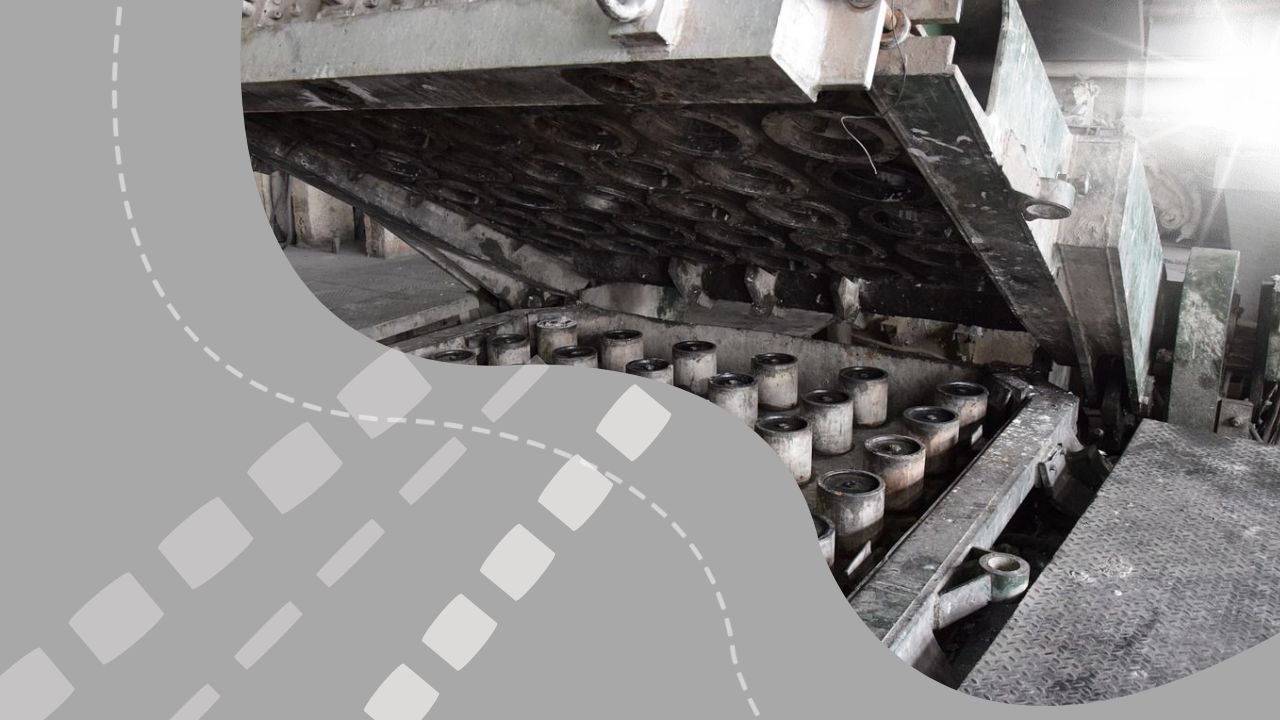Germany, a nation lauded for its technological excellence and dedication to ecological sustainability, stands at a crucial juncture concerning the trajectory of its mining and resources sector
Throughout history, mining has been a cornerstone of Germany's economy However, today, this industry grapples with an array of challenges that necessitate a harmonious approach Balancing the imperatives of economic expansion, environmental preservation, and reducing dependence on foreign resources is of paramount importance
Germany, renowned for its technological prowess and commitment to ecological sustainability, stands at a critical juncture in shaping its mining and resources sector's future
Throughout its history, mining has been a linchpin of Germany's economy Nevertheless, the sector now confronts an array of challenges that necessitate a harmonious approach Striking a balance between economic expansion, environmental preservation, and reducing reliance on foreign resources has become imperative

